Brain/Neuroscience
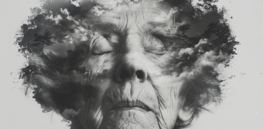
Earlier detection and new therapies stir quiet transformation in Alzheimer’s treatment
Advances in early detection and management of the disease have changed the way patients view an Alzheimer’s diagnosis ...

Going on 4 years later, 1 in 16 Americans still suffer from brain fog and other remnants of COVID
4 years ago, physicians coined the term "long COVID" to describe a form of the viral infection from which recovery ...

Why is it so difficult to find a treatment for Huntington’s Disease?
The Huntington’s disease (HD) community has recently experienced setbacks, but a new research report may reignite hope, from an unexpected ...

Humans are naturally wired to feel fear. What happens in the brain when this turns into PTSD?
Experiencing a generalization of fear is psychologically damaging and can result in debilitating long-term mental health conditions ...
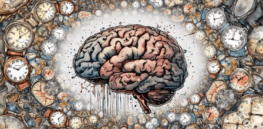
Viewpoint: Dead-end drugs? First-generation breakthrough Alzheimer’s treatments are falling short of expectations
The quest to find effective treatments for Alzheimer’s disease has historically been a lost cause with failed drugs and dashed ...
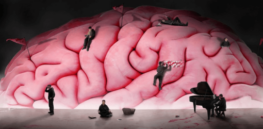
What’s going on in your brain when you’re zoning out on the couch?
The brain's 'default mode' has inspired a raft of research into networks of brain regions and how they interact with ...
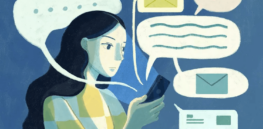
AI and race: This bot can sniff out depression based on your social media posts — but only if you’re white
Over the years, scientists had developed methods to identify depression by analyzing the language people use in social media posts ...
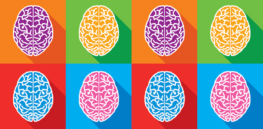
How taking LSD to relieve anxiety disorder can work for months after the chemicals leave your brain
Psychotropic drugs are all the rage now as a potential treatment of brain diseases. Examples are ketamine and psilocybin for ...

‘Infantile amnesia’: People can’t form conscious memories before the age of 3. Could there be an evolutionary purpose?
Toddlers remember events in context, and new research suggests such memory lapses play an important role in brain development ...
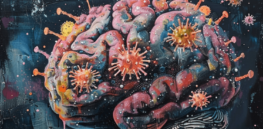
Long COVID survivors may experience brain fog and other symptoms but study suggests no lasting reduction in problem solving or other functions
Participants in a recent study struggled with concentration and sleep, including individuals who had not had Covid-19 and some who ...

Drug-free Alzheimer’s treatment: Headset and glasses combo that pulses with light and sound developed to combat cognitive decline
An experimental device developed by Cognito Therapeutics seeks to slow cognitive decline in Alzheimer’s patients using light and sound ...
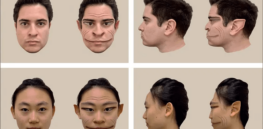
‘Suddenly everybody in the world looked like a creature in a horror movie’: Rare condition causes man to see distorted ‘demon’ faces
Science now knows that people can develop PMO after a brain injury, tumor or infection, or after seizures such as ...
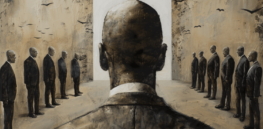
Bolsonaro, Modi, and Trump: What is so appealing about authoritarian men?
There are many voters voluntarily that give their vote to politicians who are not particularly interested in democracy ...
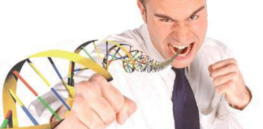
Do the MAOA and CDH13 ‘human warrior genes’ make violent criminals—and what should society do?
What can--or should--be done about genetic predispositions that lead to grim social consequences in only some of the people with ...
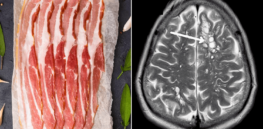
Tapeworm brain infestation? That’s what happened after one man ate undercooked bacon for years on end
A man in the US with a history of consuming undercooked “soft” bacon for years has been found to have ...
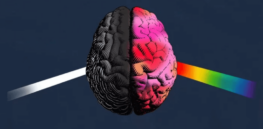
Can AI accurately guess your sexual orientation by scanning your brain?
A recent study investigated whether sexual orientation can be reliably predicted, based solely on a brief five-minute brain scan ...

Mythos and logos: Are people programmed to ‘need’ religion?
Justification systems: science is one, religion can be thought of as another, while humans are ultimately justifying creatures ...
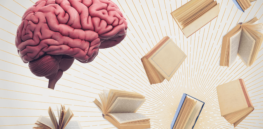
Brain scans reveal how parental education and income affect kids’ development
Researchers have studied images of the brains of 10,000 American children finding parental education and income impact brain development ...
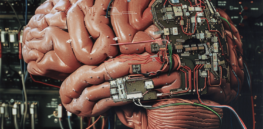
Multiple companies scrambling to develop brain-computer interfaces that restore movement for severely injured patients
Device was temporarily implanted in a patient, moving it one step closer toward becoming a standard of care ...

Slowing Alzheimer’s: Promising treatment evaluates using blood transfusions from young people
Norwegian researchers are to test a possible new treatment using blood from young people to treat Alzheimer's disease ...
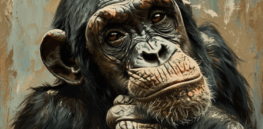
Studying chimpanzees illuminates how speech evolved in humans
Scientists compared parts of the brain that correlate to speech in humans and primates to understand how speech evolved in ...
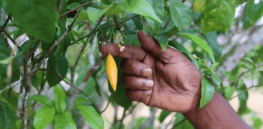
Ancient African shrub ibogaine causes psychedelic hallucinations — and can reduce anxiety, depression, and PTSD. Why is it restricted in the US?
Stephen Jones suffers from a traumatic brain injury, but a psychedelic called ibogaine eased his suffering ...
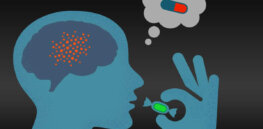
Power of placebo: Here is how the ‘belief effect’ influences our views on nutrition, pain and mental health
There is a fascinating interplay between the power of belief and its profound impact on our corporeal health and nutrition ...
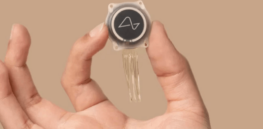
First Neuralink brain implant patient plays computer chess with his mind
Elon Musk’s Neuralink introduced the first patient to receive its brain-computer implant can now move a computer cursor using the ...

Study: What does ‘ultra-processed’ food do to our brains and capacity to learn?
Ultra-processed foods may not only affect our bodies, but our brains too. New research suggests links between ultra-processed foods—such as chips, many ...

Rebelled against COVID restrictions? You might also believe in conspiracy theories
A series of three studies revealed that individuals with pronounced psychological entitlement were more likely to have visited non-essential venues ...
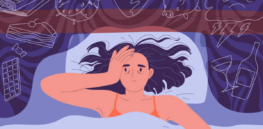
An on-off switch for anxiety? Genetic pathway mice could lead to human treatments
Researchers at the University of Aberdeen have identified an area of human and mouse DNA that plays a role in ...

